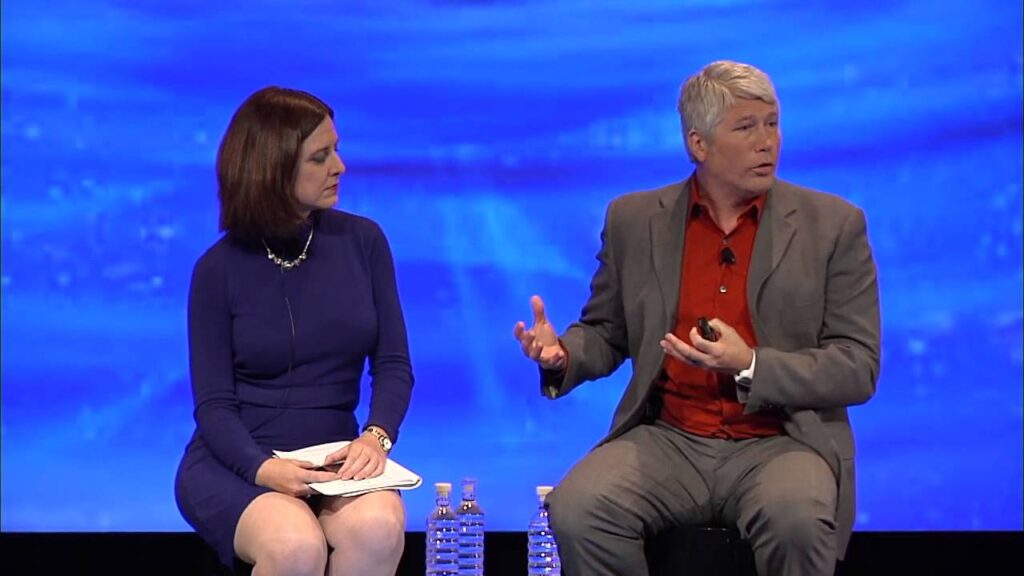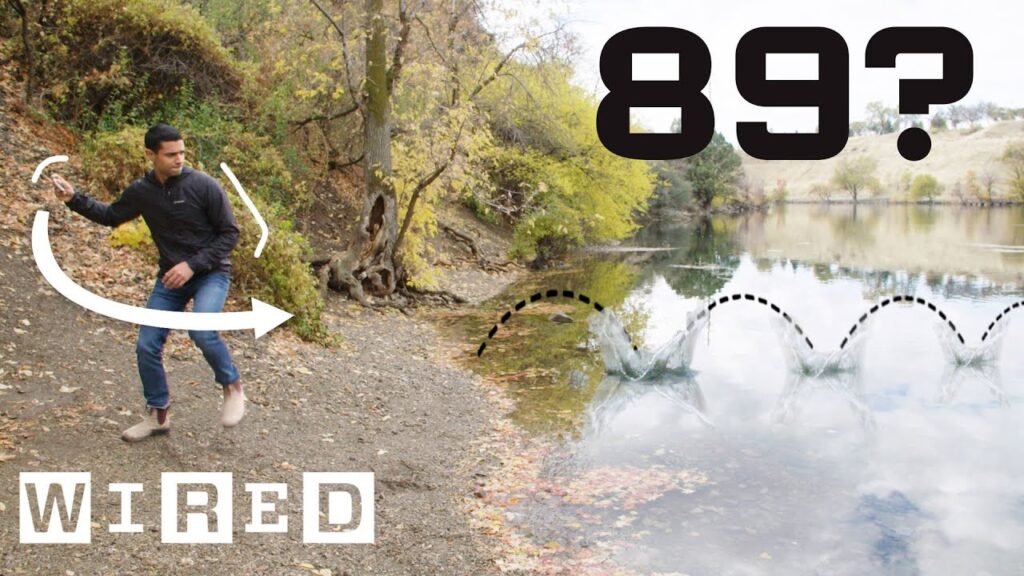Coronavirus: Cleaning, Immunity, and Precautions
Summary
In this article, we cover the insights of Martin Blase, a professor of medicine and infectious diseases at Rutgers University, on various aspects of the coronavirus outbreak. Blase explains the effectiveness of common household cleaners in cleaning surfaces contaminated with the virus and the development of antibody assays to test for the virus in people who may have had it without knowing. He also advises on precautions to take, such as frequent hand washing and being cautious when touching surfaces in public places.
Table of Contents
- Common household cleaners are effective in cleaning surfaces contaminated with the virus
- Antibody assays are being developed to test for the virus
- Precautions to take to avoid infection
- Retired doctors, nurses, and first responders can volunteer to help during the crisis
- Possibility of the virus spreading in warm climates
- Immunity to the virus
Common household cleaners are effective in cleaning surfaces contaminated with the virus
Blase explains that common household cleaners, such as soap and water, alcohol-based cleaners like Purell, and even kitchen cleaners like Clorox or chlorine compounds, are effective in cleaning surfaces contaminated with the virus. He advises against washing clothes after coming back from outside, as there is no evidence that the virus can be transmitted through clothing. However, he suggests not shaking clothes, as the virus can stick to fabric.
Antibody assays are being developed to test for the virus
Blase mentions that laboratories are developing antibody assays to test for the virus in people who may have had it without knowing. He believes that everyone who has had the infection is now immune and will not get it again.
Precautions to take to avoid infection
Blase advises washing hands frequently to avoid infection and suggests limiting the use of hand sanitizer in normal times when there is no lethal virus circulating. He also recommends being cautious when touching surfaces in public places, as the virus can be picked up from frequently touched objects. The article suggests using hand sanitizers or wearing gloves in public places.
Retired doctors, nurses, and first responders can volunteer to help during the crisis
The article suggests that retired doctors, nurses, and first responders can volunteer to help during the crisis, but they should be aware of the risks involved.
Possibility of the virus spreading in warm climates
The article briefly addresses the possibility of the virus spreading in warm climates.
Immunity to the virus
Blase explains that the virus multiplies in the body until immunity eliminates it, and most people infected with the virus will either have no symptoms or mild symptoms. He also mentions that if someone acquires the virus, they will likely be immune to it for the rest of their life.
Conclusion
In conclusion, the article provides valuable insights into the coronavirus outbreak, including effective cleaning methods, the development of antibody assays, precautions to take to avoid infection, and the possibility of immunity to the virus. It also suggests ways in which retired medical professionals can help during the crisis.







